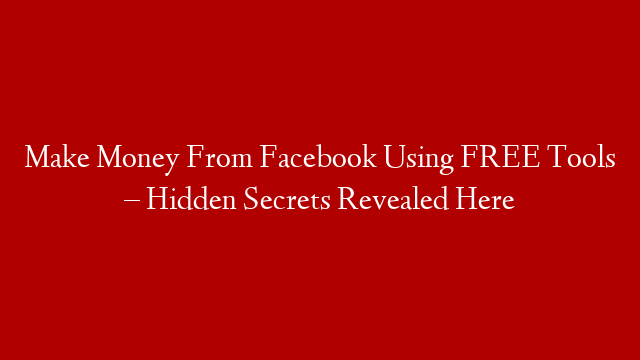In The End of Business as Usual, author Brian Sola explains the sea change in business caused by the advent of social media, Sola poses quite a challenge to those of us who have not yet joined the Facebook, Twitter and Linked-in revolution. He got my attention with the statement that 65% of the Millennial generation born between the mid-seventies and late 90’s are disconnected while awake less than one hour per day! Less than that “creates an unnerving sense of disconnectedness”.
Taking Seth Godin’s concept of Permission Marketing even further, Sola claims that it’s not about companies connecting with customers, it’s about customers deciding whether they want to connect with the company now and over time. The internet explosion required that successful email marketers must earn the permission of their reader via the recipient’s optin- agreement to receive the ad; a far cry from the intrusive and aggressive Madison Ave type advertising classically seen on television. Over the last ten years, we learned how to integrate permission marketing into our offers and our over-all marketing campaigns. And we found that we were adaptable and willing to change.
Guess what? It’s time for more change if we want to compete in the 21st century. Here is why.
The Millennial purchaser is not just interested in giving permission to the companies they want to hear from: they expect to partner with them, claims Sola, More than simply a business relationship, these younger purchasers expect to like the company they do business with so that they can share and post their purchasing experiences with their friends and networks, estimated at an average of 130 for each Facebook user. When they have a problem, they are not interested in dealing with your customer service departments, they expect to hear from someone at the top.. Aged from 17-32 as of 2012, this group comprises 25% of the on-line purchasing population.
Both In 2010 and 2011, Facebook outranked Google as the primary search term-people are increasingly more interested in other people and relationships. The results?
Americans are looking to different sources for our information. Television viewers are declining, subscriptions to traditional newspapers dropped by 9% in 2010, even more in the last couple of years. The combined subscribers of the New York Times, Wall St. Journal and USA Today have less than 5 million subscribers while Facebook houses more than 750 million residents and over 200 million people are using Twitter as a primary mode of communication. Interestingly the isolation predicted by the increased use of internet during the nineties does not seem to hold in the twenty-first century: surveyors find that over 50 percent of respondents feel more connected now than they did prior to the emergence of the social networks. The increased sense of “connectedness” is apparently more than a virtual phenomenon.
In 2008, Mark Zuckerberg, founder of Facebook, introduced a formula later known as “Zuckerberg’s Law” when he explained that social networking is simply about connecting with people we know and predicted that with each passing year, people will share twice as much information.Think about that for just a moment; a doubling of shared information each and every year. According to Nielson, Americans in 2011 spent a quarter of their waking hours on line networking and Facebook measures more than 700 billion minutes per month spent “Facebooking.”
These numbers are staggering and the implications for marketing profound for those whose products are shared, liked and posted.



